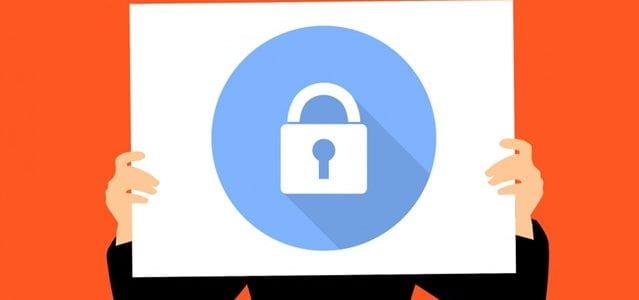Meta Pixel: Collegiate Sports Fans Fighting for Their Privacy
By: Erin Gray The release of Meta by Facebook in October of 2021 introduced another way in which Facebook may connect and increase interactions amongst people and companies across the globe. Like other online software, the “metaverse” creates virtual spaces where people can “create and explore” with others who can’t be in the same… Read More Meta Pixel: Collegiate Sports Fans Fighting for Their Privacy









